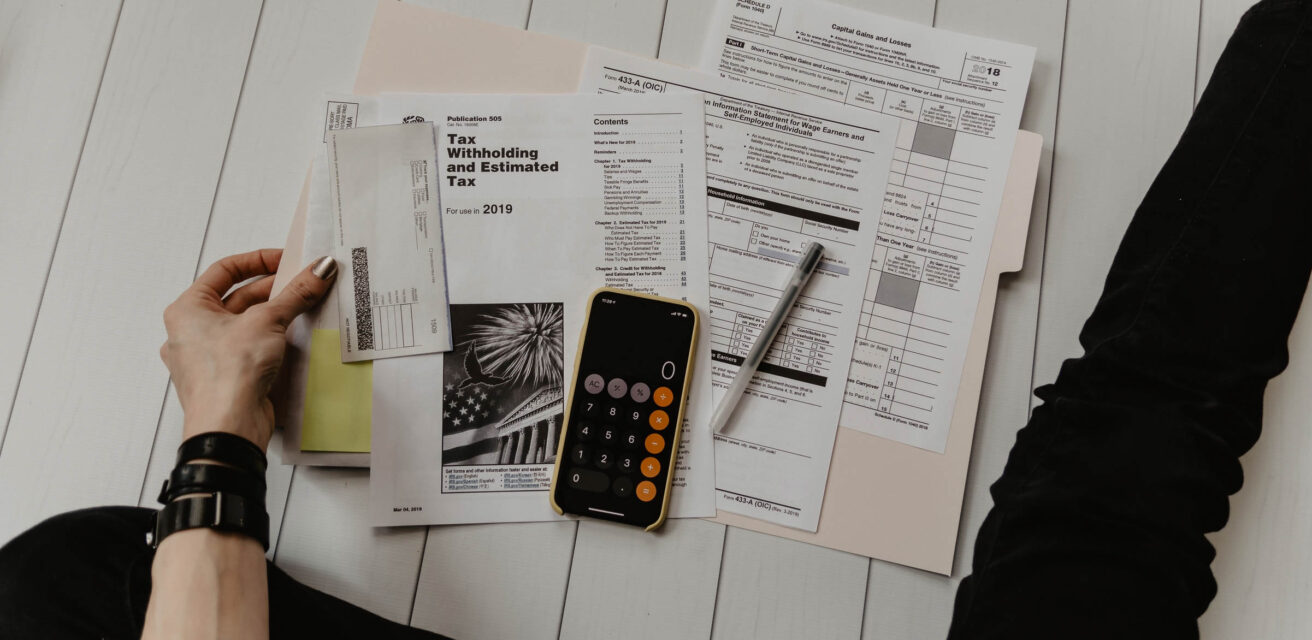
5 Tax Tips for Freelance Proofreaders
We love the freedom of freelancing, but it does mean you need to keep track of your own finances. And mastering your taxes can be daunting if you’re new to self-employment. With that in mind, though, we’ve come up with five simple tax tips for freelance proofreaders:
- Research the basics of self-employment tax laws in your region.
- Keep records of all transactions related to your work.
- Know what you can claim on expenses and keep a record.
- Put aside money for taxes each month.
- If you need help with your tax return, hire an accountant.
For more on all the tax tips above, read on below.
1. Know Your Basic Tax Obligations
As a freelancer, it’s crucial to know your tax rights and obligations. This will help avoid unnecessary penalties and fines. Key factors to know on this count include:
- How to register as self-employed and any deadlines involved.
- When your tax return is due and how to file it.
- How much you can earn before you need to pay tax.
Remember, too, that tax laws differ depending on where you live. As such, if you move elsewhere in the world, you will need to research the rules for your new home.
2. Keep Records of All Transactions
As a freelancer, you should keep records of any transactions related to your work, including all sources of income and business expenses. This is good financial practice, but it could also become vital evidence if you ever get involved in a dispute over taxes.
Some useful tips for staying on top of your record keeping include:- Have separate bank accounts for personal and professional finances.
- Use digital accounting software to track income and expenses.
- Keep all invoices and receipts organized so you can find them when needed.
- Make sure to digitize any paper receipts or invoices.
- Make checking your finances and updating records part of your routine.
To be certain which records you need to keep, check your local tax laws.
3. Know What You Can Claim on Expenses
Many freelancers forget they can claim business expenses against tax payments. But what can you claim as a freelance proofreader? Common expenses include:
- Software subscriptions and computer equipment used for proofreading.
- Deductions on rent and utilities for your home office or workspace.
- Training and other professional development costs.
- Travel costs related to your work (e.g., attending professional conferences).
Make sure to keep records of any money spent on these things.
4. Put Aside Money Each Month
If you have an employer, they will usually deduct taxes from your pay packet automatically. This means you don’t have to think about how much tax you need to pay. As a self-employed person, things are different! And this means you might want to put aside money each month.
How much you put aside will depend on how much you earn and your local tax rates, as well as the expenses you claim and other potential deductions, so it is worth doing research. However, most guidelines suggest putting aside 20–35% of your earnings each month.
This will ensure you have enough to cover your taxes when they’re due. By comparison, if you don’t set aside money each month, you might find yourself unable to pay.
5. Hire an Accountant
Finally, if the time comes to fill out your tax return and it’s all just overwhelming, remember professional help is available. Sure, an accountant comes at a price. But it will help you avoid any fees or penalties for late payments, offering peace of mind in the process. For some, it might even be worth hiring someone just to avoid the hassle of doing a tax return!
Becoming A Proofreader
We hope you’ve found these tax tips helpful. For more advice on how to thrive as a freelance proofreader, sign up for a free trial of our Becoming a Proofreader course today.



Leave a Comment
Your email address will not be published.